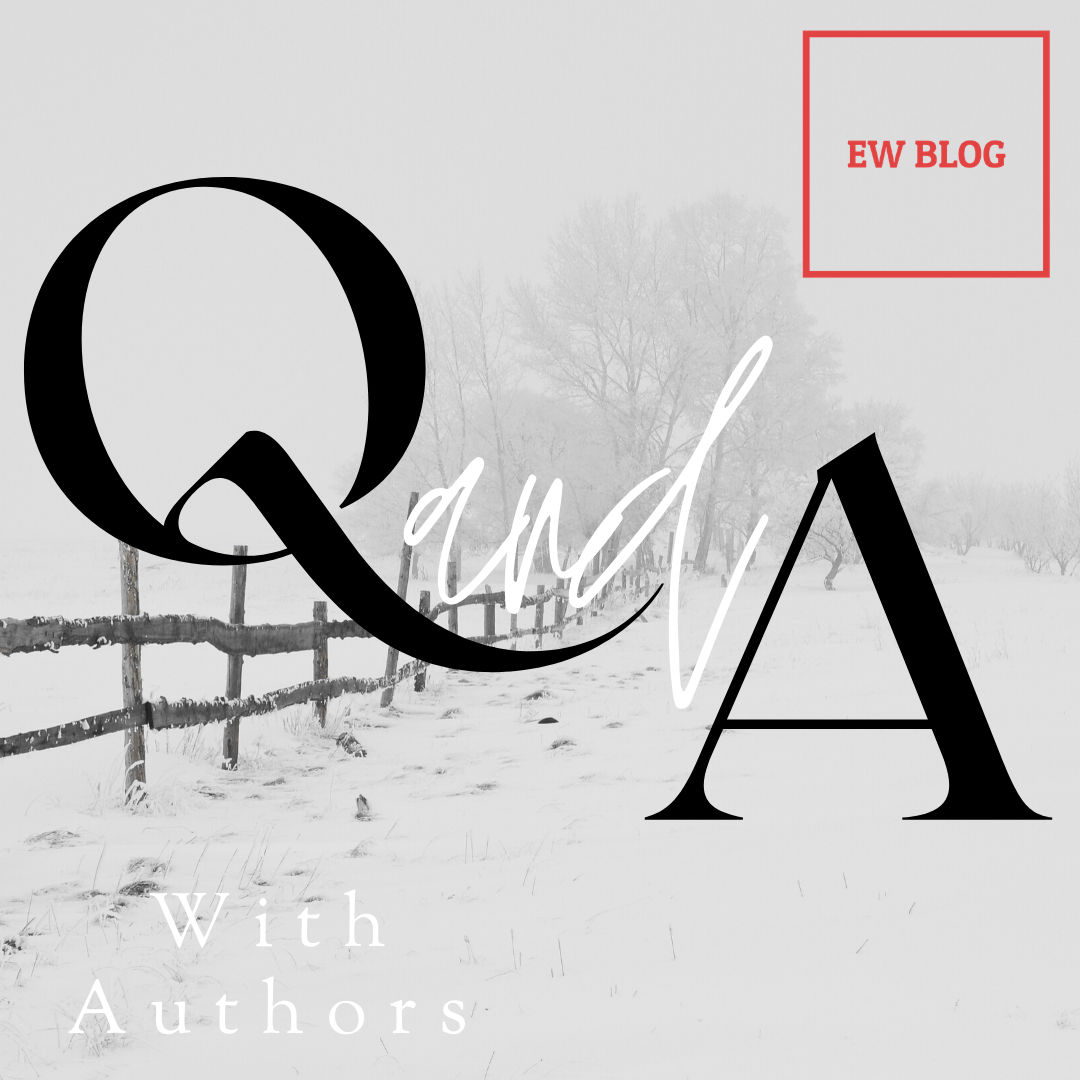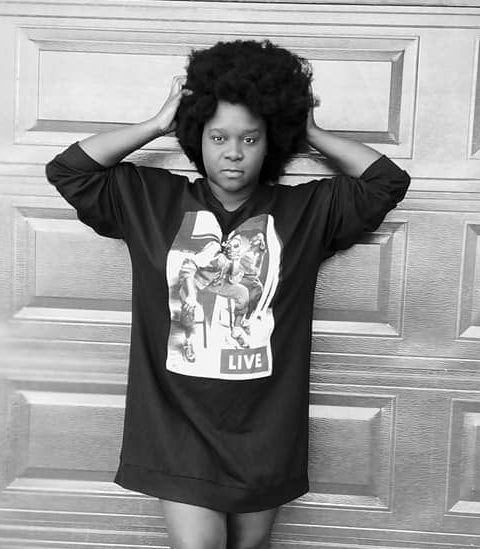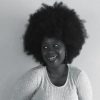

Q&A With Keletso Mopai
Author of If You Keep Digging

by Ezekiel Kekana
Keletso Mopai is a South African storyteller who was born and raised in Lenyenye township, Limpopo. Her debut book titled If You Keep Digging was released in 2019 by BlackBird Books. If you Keep Digging is a collection of Mopai’s short stories that touches on numerous themes such as racism, colorism, mental illness and others. In this exclusive Q&A session with EW Blog editor, Keletso talks about her favourite story in the book, societal ills such as gender-based violence, and her favourite queer books.

Question: For the benefit of our EW Blog readers, tell us who is Keletso Mopai and when she started writing?

Answer:
Keletso Mopai considers herself a storyteller and was born in Lenyenye township. Her work is published in numerous publications and listed for various literary prizes. She started focusing on her writing exactly five years ago when her first short story was published by Brittle Paper.

Question: Your debut book, which is a collection of short stories is titled If You Keep Digging, what inspired that title?

Answer:
I had such a headache from coming up with a title, so I made a list of about five titles that aligned with the book and I asked my friends to pick two and almost everyone chose If You Keep Digging. When I came up with it I was truly looking at the characters in the different stories in the collection and all of them seemed to be stuck in uncontrollable circumstances and I needed them to be seen, to be on the forefront, and maybe because I studied geology I knew how precious things are buried and need to be dug up.

Question: The stories in the book covers different themes such as racism and gender-based violence as suffered by women among others, do you think there has been enough literature that focuses on exposing the violence that is meted out on women and children in South Africa?

Answer:
I think there is but it has mostly been in non-fiction, it’s not done quite often in fiction in South Africa. I focus on fiction because it does not tell you but shows you.

Question: What do you think should be men’s role in the fight against gender-based violence in South Africa?

Answer:
I think it’s absolutely ridiculous and sad that it’s women who are fighting this when the perpetrators are sitting and critiquing those who fight and then continue to abuse them. South Africa is a terrifying place to live in. You can even tell from random conversations with South African men that this patriarchal thinking and living is the only thing they know, and they justify and protect it in order to feel “powerful” not knowing that toxic masculinity torments and limits them as well. To answer your question, men should do what women are doing now, marching, exposing abusers and getting counseling.

Question: The story of Lisakhanya in your story ‘Hair Tales’ resonates with many young people especially young black unemployed female graduates, what do you think Corporate South Africa should do in order to make sure that the many Lisakhanya out there are not denied access to economic opportunities just because of their race and language?

Answer:
Lisakhanya is a character I enjoyed writing in that story, and because the story is interlinked between three characters, her part of the story I was familiar with because I’ve experienced a similar interview she had after graduation. Where the obvious racist set up in most South African companies is so blatant and in your face, and the strange thing is that in that moment when you are seated there being interviewed for your first job you can’t really register what’s happening, it’s after the interview is over that you realise you were never going to get the job regardless of your qualifications, talent or intelligence because the system has already been designed and in it you don’t get the job because of the color of your skin, that you don’t speak Afrikaans fluently, and that your hair is knotted together in an big afro. What they should do is hire Black graduates and pay them right. That’s it.

Question: You kept a female’s voice in almost all the stories, which story was your favourite in the book and why?

Answer:
I love all the stories but if I have to pick one, I’d say my favorite story is ‘In Papa’s Name’, and strangely enough it’s told from a perspective of a male child. I enjoyed writing that story as it contained moments I’m very familiar with because of the setting, which is my home township.

Question: With all the stories in the book, what message(s) were you trying to convey to the readers, especially to the male readers?

Answer:
The thing is with this book, its a compilation of work that I’ve been writing since 2015 and I had no idea back then that I’d one day have all these stories in one book, so I can’t say what the plan was. But I’d say that when I decided that I was going to publish a collection which was around mid 2018 I knew how important the issues that I highlighted in the stories are and someway hoped readers will see my characters, empathize, hear and care for them, and if they can do that then as a storyteller I’ve done my job in making sure that social issues such as homophobia, racism, colorism, rape, etc are confronted in writing.

Question:
Should your readers expect a second book this year?

Answer:
Not this year or next year, unfortunately. I have to write first. And I do have books that will come, just not soon enough as they’d want.

Question:
Which is your favourite queer book?

Answer:
I have three. Giovanni’s Room by James Baldwin, Such a Lonely, Lovely Road by Kagiso Lesego Molope and If I Stay Right Here by Chwayita Ngamlana.

Question:
If you had to invite three female South African authors to a book club, who will it be and why them?

Answer:
Oh my, that’s hard. But Kagiso Lesego Molope, Malebo Sephodi, and Kopano Matlwa.

Question:
What message do you have for young aspiring authors?

Answer:
Read. Read. Read. Read. Write. Read. Read. And repeat.
Book Review
Share this:
- Click to share on X (Opens in new window) X
- Click to share on Facebook (Opens in new window) Facebook
- Click to print (Opens in new window) Print
- Click to share on LinkedIn (Opens in new window) LinkedIn
- Click to share on Reddit (Opens in new window) Reddit
- Click to share on Tumblr (Opens in new window) Tumblr
- Click to share on Pinterest (Opens in new window) Pinterest
- Click to share on Telegram (Opens in new window) Telegram
- Click to share on WhatsApp (Opens in new window) WhatsApp
- Click to email a link to a friend (Opens in new window) Email

